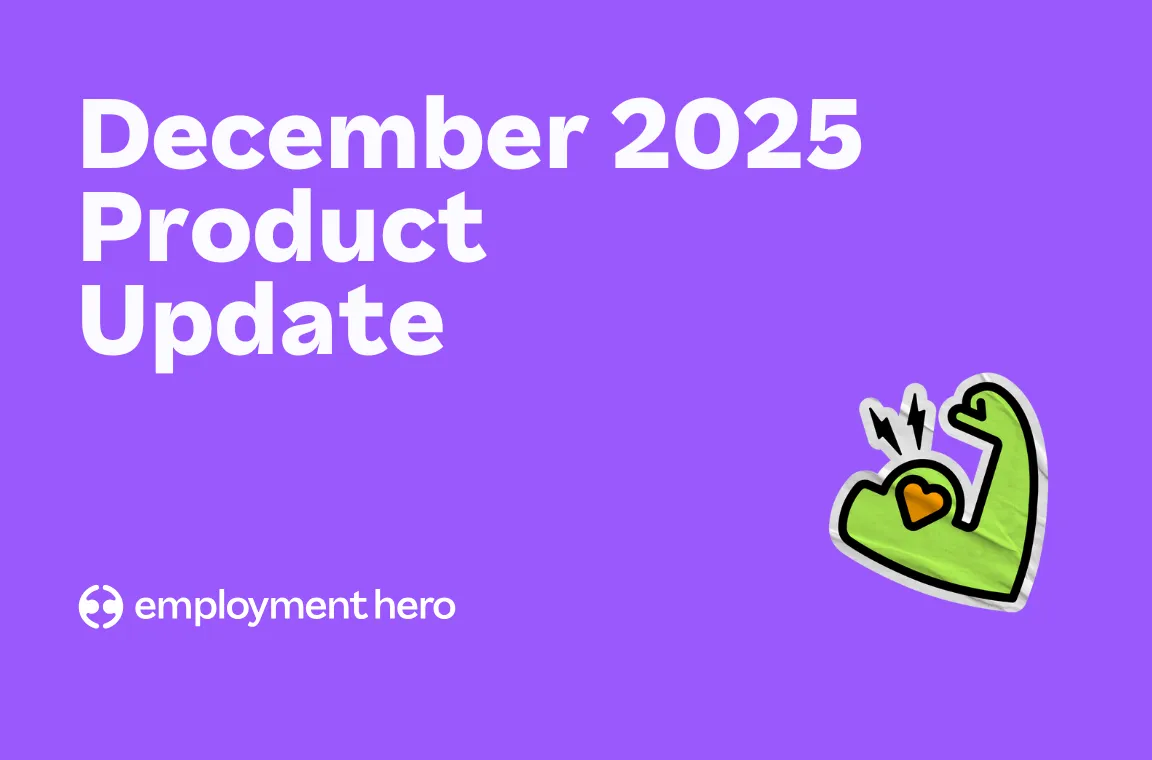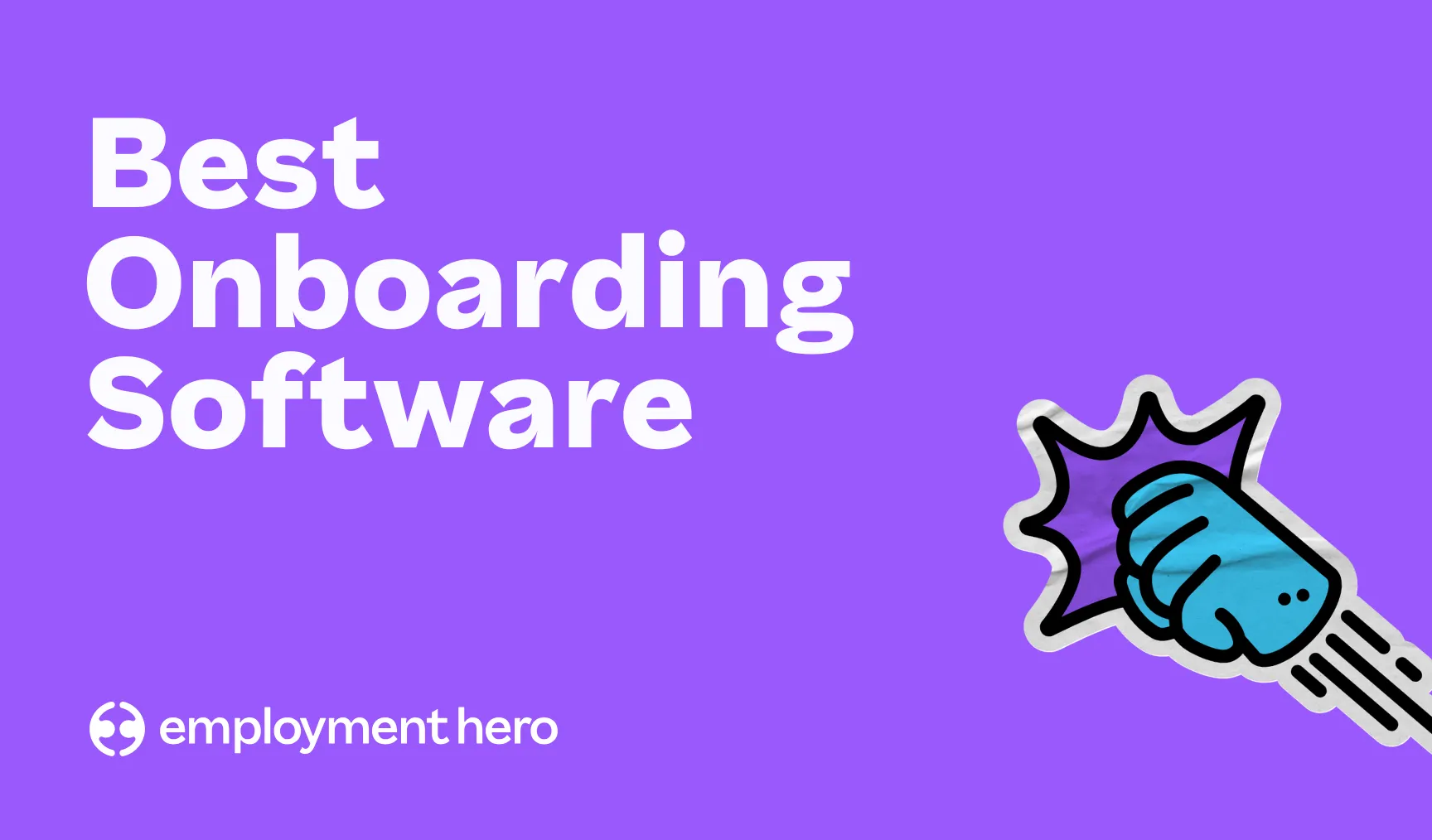Is brain drain over in New Zealand? Migration picks back up
Find out what the latest migration figures mean for employers and the job market.

Contents
If you’ve been paying attention to NZ business news in the last few years, you’ll have noticed that the labour market has been a frequent concern. Whether it’s hospitality or construction, industries have been struggling to find staff as net migration dropped. There’s been concerns around ‘brain drain’, where valuable skilled workers leave for other shores.
If your business is one of those, we’ve got some good news for you. It looks like immigration of skilled workers is picking up, gradually. Let’s break down where it started and where it’s going.
When did concerns about brain drain begin?
When the Covid pandemic seized the world in 2020, New Zealand took the most radical form of self-isolation and turned the country into a giant bubble. People could leave, but they couldn’t return without a heavily-managed quarantine stay. Many visas were put entirely on pause, leading to significant queues in the system. Everyone held tight, and waited to see how the pandemic would proceed.
When New Zealand opened up to the world again, it became apparent the labour market had shrunk in certain industries without the usual flow of immigrants to the country. While migration started back up, it started up very slowly.
In October 2022, Stats NZ reported that the country had seen negative net migration for almost 18 months. This is very unusual for New Zealand, since prior to this, arrivals to the country topped departures for almost a decade.
Businesses reported significant labour and skills shortages. In fact, these shortages were named the biggest concern in the 2022 Mood of the Boardroom report.
How has the situation changed?
It’s fair to say that in the last few months migration has bounced back much faster than expected, to the point that arrivals on shore are now exceeding those people leaving. There was a net gain of 86,800 people in the year ended June, the biggest since May 2020.
According to Radio New Zealand, “it was made up of a record net gain of 121,600 non-New Zealand citizens and a net migration loss of 34,800 New Zealand citizens.” This is generally consistent with pre-Covid-19 immigration patterns.
There are a few reasons why migration is back up. Under significant pressure from the business community, the Government eased up on immigration settings in 2023. They introduced specific categories in an attempt to tackle areas of significant labour shortage and started reaching out overseas again to advertise migration to New Zealand. They also lifted pay and advertising requirements.
What does this mean for New Zealand businesses?
If you run a business that has been struggling to recruit staff, this likely comes as good news. It certainly could lead to easier recruiting in the long term, with more people in the labour market.
However, it’s important that you’re aware of your visa requirements. The immigration system can be tricky to navigate, whether it’s becoming an ‘rel=”noopener” target=”_blank”>Accredited Employer’ or hiring based on the skills shortage lists.
It’s also critical for compliance that you are meeting all your expectations as an employer of staff from overseas. Make sure you’re across all the pay requirements that come with hiring migrant workers, and take the time to ensure they acclimatise to their new environment.
Finally, make sure that your recruitment process is as effective as it could be. This applies at all times but now is a good time to see whether you could improve on any particular area, whether that’s by utilising recruitment software or improving your candidate experience.
Are there other ways to hire overseas workers?
If you run a business that doesn’t require in-person labour, you might want to consider hiring overseas workers remotely through an Employer of Record. There’s no admin required and all those legal requirements that usually come with employing overseas workers are taken care of for you. No need to set up a separate legal entity either.
Find out more about our Employer of Record service, HeroForce EoR.
Related Resources
-
 Read more: 7 Ways Employment Hero Can Help You Retain Top Talent
Read more: 7 Ways Employment Hero Can Help You Retain Top Talent7 Ways Employment Hero Can Help You Retain Top Talent
The Great Resignation is here. It’s a scary thought for business owners and HR managers, but there are things you…
-
 Read more: Product Update: December 2025
Read more: Product Update: December 2025Product Update: December 2025
Welcome to the December 2025 product update from the Employment Hero team. We’ve got lots to share around Custom Forms,…
-
 Read more: Best Onboarding Software in New Zealand (2026)
Read more: Best Onboarding Software in New Zealand (2026)Best Onboarding Software in New Zealand (2026)
Streamline employee onboarding with the top 6 software in NZ for 2026. Compare the best tools to create a seamless…






















